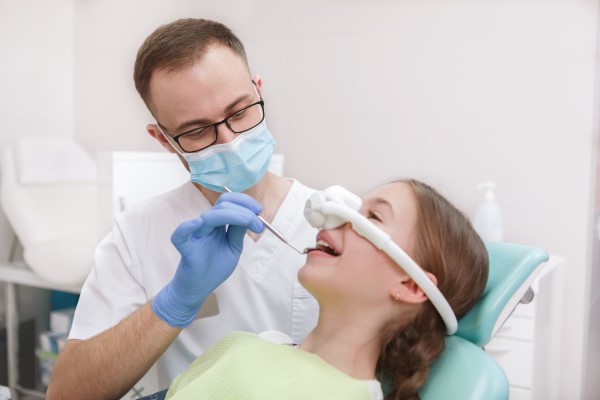Sedation Dentistry: How to Minimize Pain in Dental Procedures

More and more patients are looking to sedation dentistry as a way to make dental visits less intimidating. If you have struggled in the past to cope with pain and discomfort during your treatments, it is time for a different solution. You should not have to avoid the dentist because you feel scared, worried, or anxious. There are ways to help you feel less pain and to have a more positive experience. Sedation methods can be a good alternative to other pain-management strategies you have tried in the past.
The pain and discomfort during dental appointments
It is understandable why some people have fears about going to dental appointments. The mouth is a sensitive area. When the patient has issues such as tooth decay, gum disease, or damaged teeth, repairing these problems requires delicate work. To treat oral health needs, the dentist will often have to drill into the tooth, exposing nerves. There can also be bleeding during some procedures.
To reduce how much pain the patient feels, the dentist can employ a few strategies. Often, the dentist will use local anesthesia to numb the area. This can be effective, though some patients still feel some pressure, irritation, and even some pain after the anesthetic sets in. In these instances, sedation dentistry may be helpful.
Oral sedation
Offices that use sedation dentistry usually have one of three methods (or a combination of these) to sedate patients. Some people prefer oral sedation. With this, the dentist will give the patient a pill, which acts quickly to render the person unconscious. The effects will last during the entire procedure, so the dentist will give the right dosage to keep the person asleep long enough. Once the treatment is over and the sedation wears off, the patient may need some assistance to wake up.
IV sedation
The dentist will use an IV to deliver the medication to the patient. The dentist will place a needle in the arm or hand of the patient. An anti-anxiety drug goes into the bloodstream. As a result, the patient will feel calm and at ease during the dental procedure. The patient will not necessarily fall asleep but will feel calm. The person should not feel pain during this process and may not even be aware of what is happening.
Laughing gas
Nitrous gas is commonly used in sedation dentistry as well. The dentist will administer it through a facemask. The patient breathes in the gas and has a euphoric sensation. This helps to ease the person. The dentist normally uses this method in combination with local anesthesia. Together, they help to relieve any pain the person would feel during a dental procedure.
Consider sedation dentistry at the dentist’s office
If you are nervous about an upcoming visit to the dentist’s office, consider sedation dentistry. This option can help manage any pain and discomfort you would feel during your appointment. Talk to your dentist about whether you are a good candidate. There are ways to make you feel relaxed and at ease.
Are you considering sedation dentistry in the New Albany area? Get more information at https://riverfallsfamilydental.com.
Check out what others are saying about our dental services on Yelp: Sedation Dentist in New Albany, IN.
Related Posts
A dental practice offers a range of dental services, and one of those is the exam and cleaning. Designed to help prevent tooth decay, these services involve removing plaque and bacteria. The practice also offers patient education, so patients know how to care for the teeth while at home. These practices can help a patient…
Each dental practice has its specializations when it comes to oral care. Even so, they have one thing in common. Dental practices provide valuable brushing and flossing tips. The aim of doing so is to guide patients as they go about their personal oral hygiene practices.Plaque transforms into tartar in 24-36 hours. When it comes…
Good dental practice stresses that developing cavities is a common health issue. Cavities affect the elderly, adults, teenagers, and children. The accumulation of bacteria results in plaque. Because plaque is sticky, it keeps pouring acids on teeth. This destroys the enamel layer. When this happens, cavities appear in the form of holes in teeth.Cavities come…
While most people visit a dental practice every six months, others only go on occasion or not at all. For those individuals, the thought of seeing a dentist causes a lot of anxiety. Hopefully, the information provided about how a dentist treats a cavity will answer questions and put them at ease. These people will…
